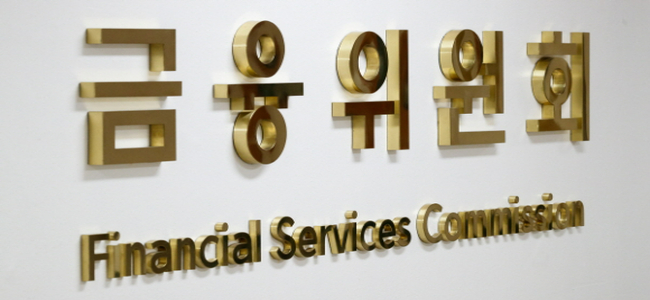Highlights:
- South Korea sets supervisory fees for major exchanges under new Virtual Asset regulations to enhance market oversight.
- Upbit, due to its market dominance, will bear most of the fees, impacting its financial operations significantly.
- Despite operational losses, smaller exchanges such as Coinone and Gopax must contribute to these new fees.
South Korea’s Financial Services Commission (FSC) has announced that starting next year, major cryptocurrency exchanges like Upbit, Bithumb, and Coinone will be required to pay supervisory fees. These fees are part of the new regulations under the Virtual Asset User Protection Act. According to the local news outlet, the moves aim to enhance regulation and oversight in the rapidly growing cryptocurrency market.
🔔 #SouthKorean Crypto Exchanges Encounter Unforeseen Supervisory Fees !
South Korea's new Virtual Asset User Protection Act mandates that major #cryptocurrency exchanges like @Official_Upbit, @BithumbOfficial, and Coinone pay a supervisory fee based on their operating income,… pic.twitter.com/UU5ujtSRh7
— Altcoin Alerts (@Altcoin_Alerts) August 1, 2024
New Supervisory Fee Implementation
The FSC’s recent revisions to the “Enforcement Decree of the Act on the Establishment of the Financial Services Commission” and the “Regulations on the Collection of Financial Institution Contributions” state that virtual asset operators must contribute to supervisory fees for inspections by the Financial Supervisory Service (FSS). The previous fiscal year’s operating revenue determines these fees.
Using the 2024 contribution rate, Upbit, which dominates the market, will bear most of the fees, contributing approximately 272 million won ($199,388). Coinone and GOPAX will contribute 6.03 million won ($4,422) and 830,000 won ($608), respectively. Bithumb estimates its contribution at 21.14 million won ($15,157). Korbit is exempt from these fees due to its lower operating revenue.
Impact on Crypto Exchanges
This new financial obligation is part of a broader effort to bring virtual asset operators under stricter regulatory scrutiny. The supervisory fees act like a quasi-tax for financial institutions subject to FSS inspections. Only businesses with an operating revenue of 3 billion won or more are required to pay this fee.
While larger exchanges like Upbit and Bithumb can manage these costs, smaller platforms such as Coinone and GOPAX, which are currently operating at a loss, may face significant financial strain. This comes amidst declining trading volumes for South Korean exchanges, which experienced a 30% drop since the new law’s implementation.
Despite predictions that the FSS would delay imposing supervisory fees, the decision came sooner because of imminent inspections. This rapid introduction reflects the explosive growth of the virtual asset market and increasing regulatory scrutiny.
Financial and Regulatory Landscape
The supervisory share is a crucial source of revenue for the FSS, accounting for 75.1% of its budget based on the 2023 budget. Financial institutions pay this fee in exchange for receiving supervision and services from the FSS. The new regulations align virtual asset operators with other financial institutions, ensuring they contribute to regulatory oversight costs.
A financial authority official stated, “The related organization has already been formed, and costs are being incurred, so it is necessary to impose a supervisory share.” This underscores the urgency and necessity of integrating virtual asset operators into the existing regulatory framework.
South Korea sets supervisory fees, which, combined with the Virtual Asset User Protection Act requirements, signify a crucial step toward increased regulation and oversight of the cryptocurrency market. This move aims to protect investors and ensure the stability and integrity of the financial system.





